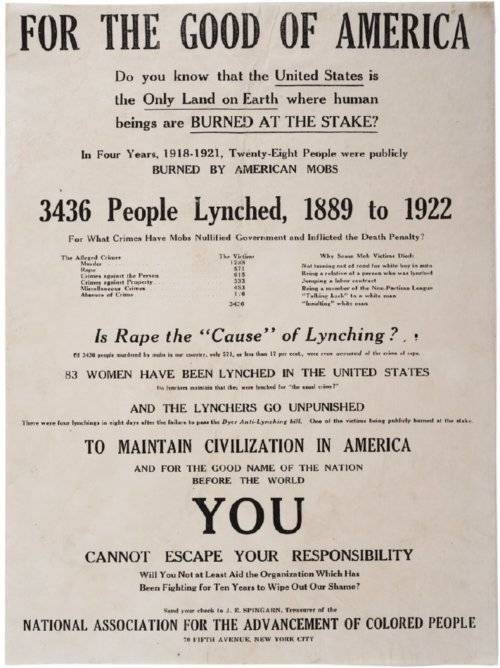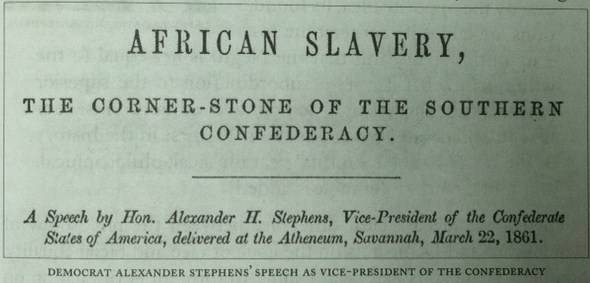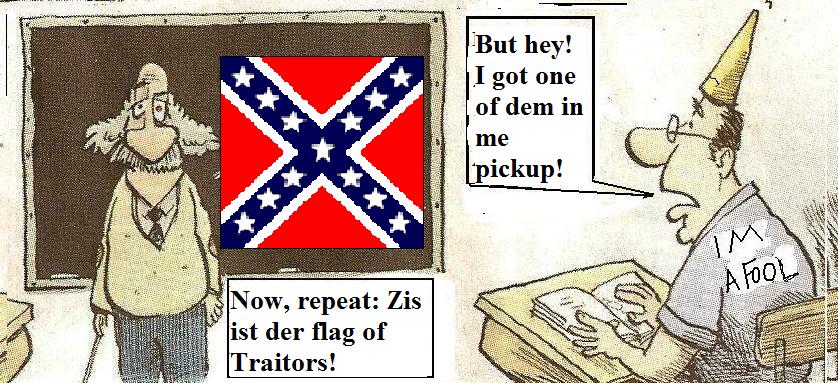paperview
Life is Good
Said the man defending slaveholders.... The issue of slavery was not an "equality" issue, it was a humanitarian issue. It's like how most of us are opposed to animal cruelty... doesn't mean we believe they deserve constitutional rights as our equals. It took another century for blacks to gain equal rights, so let's not pretend the Civil War was a civil rights issue.
Lincoln believed when the Declaration of Independence said "All Men are Created Equal" -- they meant it -- even in regards to slaves.
Of course, Lincoln didn't believe it. He was a white supremacist:
I will say then that I am not, nor ever have been in favor of bringing about in any way the social and political equality of the white and black races, that I am not nor ever have been in favor of making voters or jurors of negroes, nor of qualifying them to hold office, nor to intermarry with white people; and I will say in addition to this that there is a physical difference between the white and black races which I believe will forever forbid the two races living together on terms of social and political equality. And inasmuch as they cannot so live, while they do remain together there must be the position of superior and inferior, and I as much as any other man am in favor of having the superior position assigned to the white race.
- Abraham Lincoln, Debate with Stephen Douglas, Sept. 18, 1858, in Abraham Lincoln: Speeches and Writings, 1832-1858 (New York: Library of America, 1989), pp. 636-637.
Back to the Southern perspectives... Plantation owners represented about 2% of the population and owned about 75% of the land in the South, and most of the slaves. The remaining 98% who weren't slaves, were poor farmers who worked along side the slaves or people who worked to support the large plantation system all through the South."
25 to 30% of Southern families owned slaves.
Heard time and time again is the apology to somehow cast the southerners who went to war as fighting only for a noble cause, and not to protect slavery.
But when you consider more than one on four rebels who took up arms against the North came from slaveholding families (and one in two in a few other states) it presents a different picture.
One could say, yes, well, those were families - just because pop owned the slave, doesn't mean the boys did too.
However, that slave labor on their property, in some form or another, helped provide them food, shelter and money, and also helped formulate their future wealth they could, and most often did, inherit.
Slave labor provided so much of just about everything when it came to the commerce of the South.
The vast majority of slaveholding families (just shy of 90%) had under 20 slaves, 50% under 5. Now consider the sheer volume of slaves: Just shy of 4 million. Out of a total 9 million populace.
Slavery was everywhere, and touched their lives in every way -- they were full up to the brim in it, immersed in it, and that is why the "most southerners didn't own slaves" -- while true in raw numbers -- belies the notion in actuality those boys were fighting to preserve what they knew was literally their lifeblood.
Not true. see above.People are sometimes shocked when I tell them that no slave owners died fighting the Civil War.
That's all totally irrelevant since the white supremacist, Abraham Lincoln, did not invade Virginia to free the slaves.









